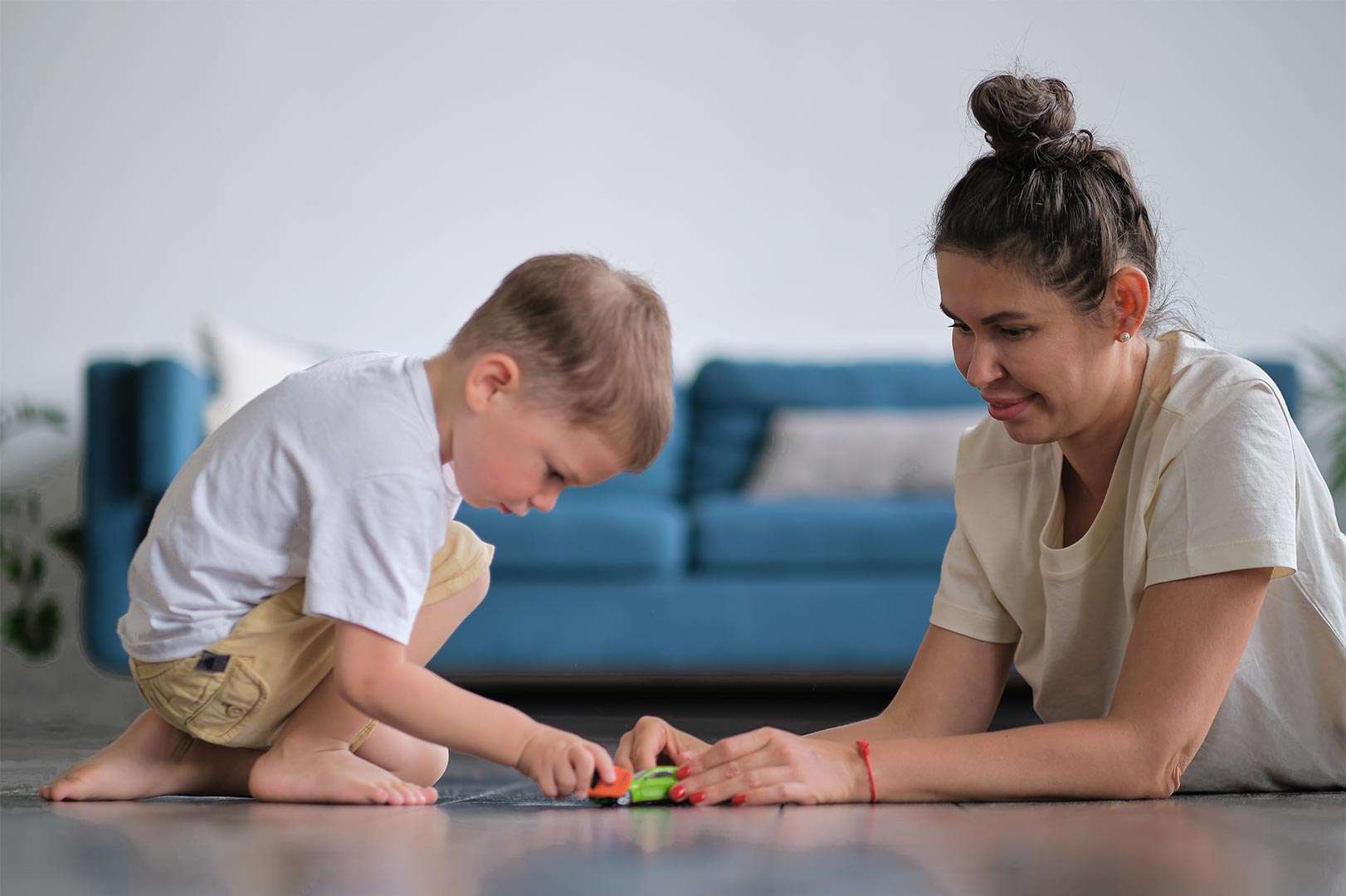While Autism spectrum disorder (ASD) is not directly linked to suicide, individuals with ASD may face certain risk factors that increase their vulnerability to suicidal thoughts and behaviors. ASD is a developmental condition that affects how people communicate and interact with the world around them.
Understanding the Risk Factors
Several factors can contribute to the increased risk of suicide among individuals with ASD, including:
- Social isolation and loneliness: Individuals with ASD may experience difficulties in forming and maintaining social connections, which can lead to feelings of isolation and loneliness.
- Sensory sensitivities: Individuals with ASD may be hypersensitive to certain sights, sounds, smells, tastes, or textures, which can lead to anxiety and discomfort.
- Bullying and discrimination: Individuals with ASD may be targets of bullying and discrimination, which can lead to low self-esteem and feelings of worthlessness.
- Mental health conditions: Individuals with ASD are more likely to experience co-occurring mental health conditions, such as depression and anxiety, which are significant risk factors for suicide.
Identifying Warning Signs
It is crucial to recognize the warning signs that may indicate suicidal thoughts or behaviors in individuals with ASD. These signs can include:
- Talking about suicide or wanting to die: Directly expressing suicidal thoughts or ideation is a serious red flag.
- Making preparations for suicide: This could involve giving away possessions, writing a will, or saying goodbye to loved ones.
- Engaging in risky or self-destructive behaviors: This could include substance abuse, reckless driving, or self-harm.
- Withdrawing from social activities and isolating oneself: Significant changes in social behavior may indicate underlying distress.
- Expressing hopelessness or despair: Feeling like there is no way out or that things will never get better can be a warning sign.
Preventive Measures
Early intervention and comprehensive support can significantly reduce the risk of suicide among individuals with ASD. Effective preventive measures include:
- Providing social skills training: Helping individuals with ASD develop their social skills can enhance their ability to form and maintain meaningful relationships.
- Addressing sensory sensitivities: Identifying and managing sensory triggers can help reduce anxiety and discomfort, improving overall well-being.
- Creating a supportive environment: Fostering an accepting and inclusive environment at home, school, and in the community can significantly reduce the risk of bullying and discrimination.
- Addressing co-occurring mental health conditions: Early identification and treatment of mental health conditions, such as depression and anxiety, can prevent suicidal thoughts and behaviors from escalating.
Seeking Professional Help
If you are concerned about yourself or someone you know with ASD who may be at risk of suicide, it is essential to seek professional help immediately. Mental health professionals can provide appropriate assessments, interventions, and support to address underlying issues and reduce the risk of suicide.
Understanding the link between autism and suicide is crucial for effective prevention strategies. By recognizing risk factors, identifying warning signs, and implementing preventive measures, we can create a safer and more supportive environment for individuals with ASD, reducing their vulnerability to suicidal thoughts and behaviors. Remember, you are not alone, and help is always available.
Find out if your child needs extra support today!
- My child screams hysterically
- My child is mean to other children
- My child is always worried
- My child is scared to go to school
- My child is scared of loud noises
- My child doesn’t know how to read
- My child is scared to play outside
- My child does not respond to his name
- My child always gets in trouble
- My child fights with other children
- My child doesn’t know how to count
If you are concerned about your child’s development, contact us for Assessments: Phone/Telegram: 077.455.993 – Telegram Link: https://t.me/OrbRom
If you are concerned about your child’s development, contact us for Assessments.
Phone/Telegram: 077.455.993 Link: https://t.me/OrbRom






Leave A Comment